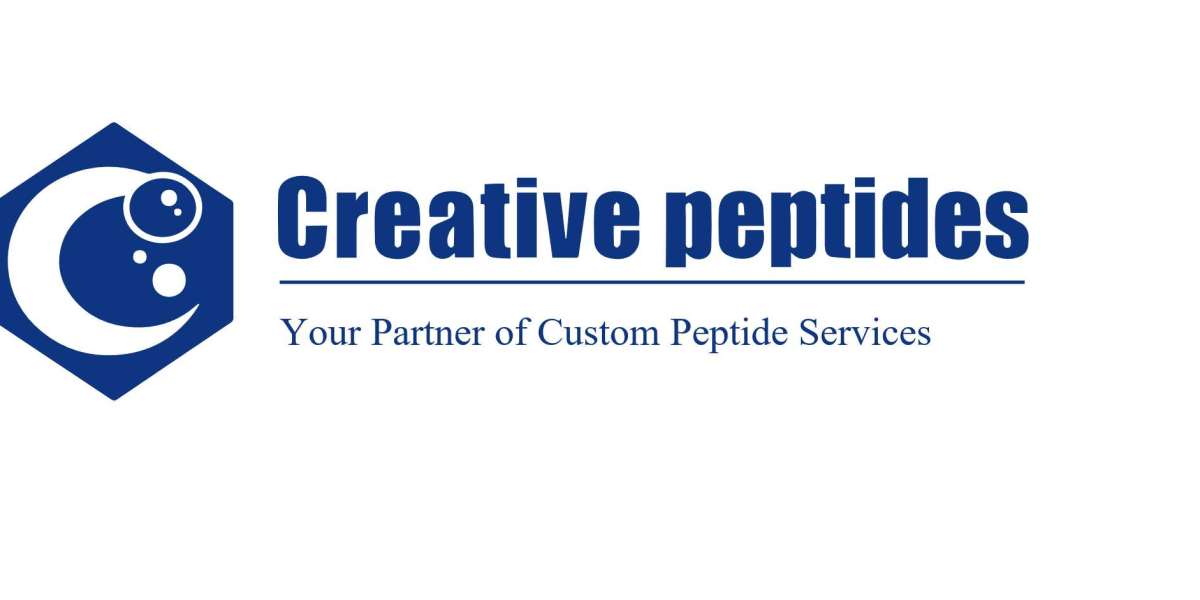Peptide nucleic acid (PNA) synthesis is the process of creating PNA oligomers in the laboratory. The synthesis of peptide nucleic acid is a synthetic nucleic acid analog that has a pseudo peptide backbone, making it resistant to enzymatic degradation and stable under a wide range of conditions.
The synthesis of PNA involves solid-phase synthesis techniques, where each nucleotide monomer is added one at a time to the growing PNA chain. The process typically involves the use of protected nucleotide building blocks that are activated for coupling and deprotected after each coupling step. The PNA chain is elongated by repeating the coupling and deprotection steps until the desired PNA oligomer is obtained.
Peptide Nucleic Acid Synthesis and Its Applications
Peptide nucleic acids (PNAs) are synthetic mimics of DNA or RNA, where the sugar-phosphate backbone in DNA or RNA is replaced by a peptide-like backbone. PNA synthesis refers to the process of creating these synthetic molecules, typically in the laboratory setting. Here are some common applications of peptide nucleic acid synthesis:
Molecular diagnostics: PNAs have shown potential as tools for molecular diagnostics due to their high binding affinity to complementary DNA or RNA sequences. They can be used in PCR assays, FISH (fluorescence in situ hybridization), and other diagnostic techniques.
Antisense therapy: PNAs can be designed to bind specific RNA sequences and inhibit gene expression. This has potential applications in targeted therapy for various diseases, including cancer and genetic disorders.
Biotechnology research: PNAs are utilized in various research applications, such as gene editing, gene expression regulation, and the development of molecular probes for studying DNA and RNA interactions.
Drug development: PNAs can be modified to improve their stability, cellular uptake, and target specificity, making them attractive candidates for drug development. They can be used as drug carriers, anticancer agents, or in targeted therapy.
Nanotechnology: PNAs can be incorporated into nanomaterials for various biomedical applications, including drug delivery systems, biosensors, and imaging agents.
Gene editing: PNAs can be combined with nucleases (such as CRISPR/Cas9) to induce site-specific gene modifications by introducing targeted double-strand breaks in the DNA.
Gene Silencing: PNAs can target specific sequences of messenger RNA (mRNA) to inhibit gene expression, a technique known as antisense technology. This is useful for studying gene function and potential therapeutic applications.
DNA/RNA Detection: PNAs are used as probes in diagnostic assays to detect and identify DNA or RNA sequences of interest with high specificity and sensitivity. This is valuable in diagnostics for infectious diseases, genetic disorders, and molecular research.
Genetic Engineering: PNAs can be used in gene editing techniques like CRISPR-Cas9 to improve the specificity and efficiency of targeted genome modifications. Custom PNAs can aid in precise gene editing for research or therapeutic purposes.
Pharmacokinetics and Drug Development: PNAs are being explored as potential therapeutic agents due to their stability and ability to target specific gene sequences. Custom PNAs can be synthesized to investigate their efficacy for various diseases and conditions.
Biophysical Studies: PNAs are used in structural and functional studies of nucleic acids, protein-nucleic acid interactions, and RNA interference mechanisms. Custom PNAs can be designed to advance our understanding of molecular processes and interactions.
Custom Peptide Nucleic Acid Synthesis Services
Custom peptide nucleic acid (PNA) synthesis refers to designing and manufacturing PNAs with specific sequences per the requirements of researchers or companies. This service provides tailored PNAs for various applications in molecular biology, diagnostics, therapeutics, and nanotechnology.
We can provide high-quality custom PNA synthesis services to meet the specific needs of your clients in the research, pharmaceutical, and biotechnology industries.








